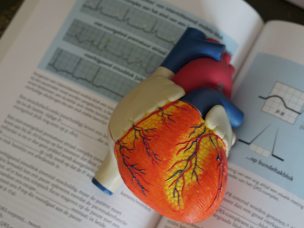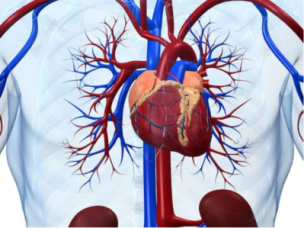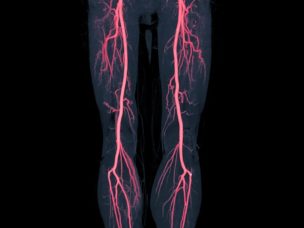Cardiology
Nearly Half of Hispanics, Blacks Scared to Go to Hospital During COVID-19
Hispanics and blacks are most likely to stay home if experiencing medical emergencies, like a heart attack or stroke, to avoid the risk of contracting COVID-19 at the hospital, according to a poll released by the American Heart Association (AHA). The Harris Poll conducted the online survey of 2,050 adults on behalf of the AHA...
Low Health Literacy Tied to Worse Heart Failure Outcomes
Poor health literacy is associated with worse heart failure outcomes, according to a review published in the June issue of JACC: Heart Failure. Matteo Fabbri, M.D., from the Mayo Clinic in Rochester, Minnesota, and colleagues conducted a systematic literature review to evaluate associations between health literacy and health-related outcomes in patients with heart failure. Based on...
LV Hypertrophy May Explain Racial Disparities in Heart Failure
Some of the excess risk for heart failure explained by higher prevalence of malignant LVH in blacks. A “malignant” subphenotype of left ventricular hypertrophy (LVH) with minimal elevations in cardiac biomarkers is associated with an increased risk for heart failure, with some of the excess risk for heart failure among blacks explained by a higher...
Cardiovascular Disease & COVID-19 A Recipe for Disaster Study Confirms
Researchers from the Department of Cardiology and Macrovascular Disease, Beijing Tiantan Cardiovascular Hospital in Beijing, China found that patients with cardiovascular diseases (CVDs) had significantly worse outcomes. They published their findings in a study titled, “An Acute Respiratory Infection Runs Into the Most Common Non-communicable Epidemic— COVID-19 and Cardiovascular Diseases,” in the latest issue of...
Improving Awareness of Peripheral Artery Disease
Peripheral artery disease (PAD) is a progressive atherosclerotic disease in which one or more peripheral arteries, typically in the lower limbs, are partially or completely obstructed, reducing blood perfusion to the limb. Overall, PAD affects approximately 8.5 million Americans, most of them age 65 and older. A recent analysis of Medicare inpatient and outpatient claims...
Coronary Artery Disease in African Americans
Coronary artery disease is the most common type of heart disease. Atherosclerosis causes the arteries to narrow and harden, cutting off blood supply to the heart. Not only is coronary artery disease more prevalent in African-Americans, it also starts at an earlier age. Studies have shown that African-Americans also have the highest mortality rates from...
Study Shows Prevalence of Peripheral Artery Disease Higher in Racially Diverse Populations
A Baylor University study found that a significantly higher number of African Americans had peripheral artery disease (PAD) compared to Hispanics and whites in patients over the age of 55. Peripheral artery disease is defined as atherosclerosis of the abdominal aorta and the arteries in the legs. PAD can be asymptomatic or symptomatic. Symptoms of...
Stress Effects on Cardiovascular Disease
Cardiovascular disease is the leading cause of death of men and women in the United States. Approximately one out of four people or approximately 610,000 people die of heart disease in the United States annually. Similarly, mental health remains a concern worldwide with depression remaining the leading cause of disability worldwide. Depression is highly prevalent...
Atrial Fibrillation Incidence follows Obesity Epidemic in Patients
The incidence and prevalence of atrial fibrillation in the U.S. has increased in the last several years and is predicted to continue to increase in future decades. It is estimated approximately 12-15 million people in the United States will have atrial fibrillation by 2050. The aging population plays a role in the increasing incidence with...
More Medical News














